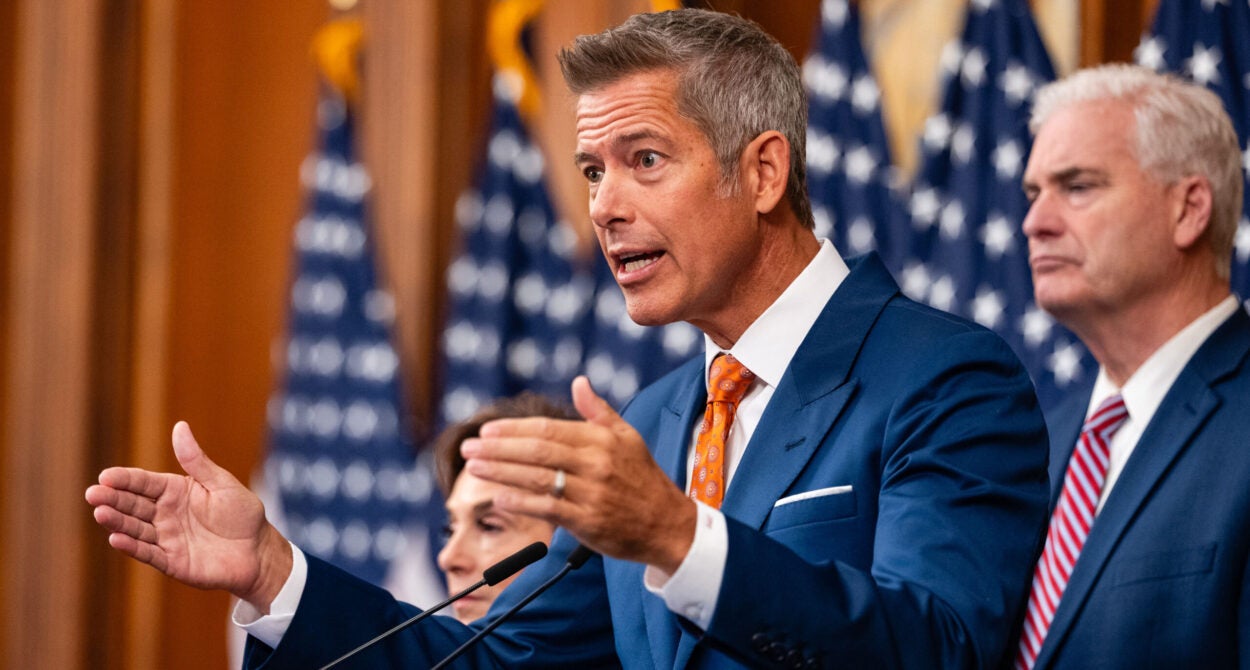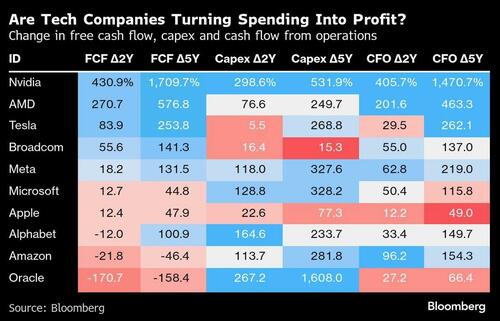Germany Blows Up Last Nuclear Plant Towers While Economy Collapses

Submitted by Thomas Kolbe
On Saturday, the last cooling towers of a German nuclear power plant were demolished in Gundremmingen, Bavaria. Germany thus continues, symbolically and materially, its isolated energy policy path. Even the increasingly dramatic economic situation seems unable to shake the German spirit.
It was a gloomy, rainy day, that Saturday, October 25, 2025, when at precisely 12 o’clock noon the last two cooling towers of a German nuclear power plant collapsed into dust.
In Germany, two cooling towers at the former Gundremmingen nuclear power plant were demolished, almost four years after the last reactor was shut down. Thousands came to watch the spectacle, according to the police. pic.twitter.com/Lqh2vaQNqa
— DW News (@dwnews) October 26, 2025
Damp and cold, that’s what you’d call the weather in Swabian Gundremmingen. Typical German October weather. No trace of climate change. Even the second-perfect timing of the explosion showed a final glimpse of German virtues: at 12:01 pm, German nuclear power, embodied by the massive towers of the reactors, became history.
For now. The condemned are known to live longer, but more on that later.
Oddballs With Sunflowers
Yes, the green nuclear-bashers did a thorough job. For a long time, society managed to keep these eccentrics, these dreamers with their sunflower charm and their eco-socialist utopia of a deindustrialized nation, in check.
Even the Chernobyl disaster of 1986 could not harm German nuclear power. Always technically state-of-the-art, a safe provider of baseload power in a hard-working nation, it was part of the economic foundation and reliably delivered around 30 percent of gross electricity production by the turn of the millennium.
And Chernobyl, well, that was the Soviet Union. That was communism. Back then, Germans still understood that such a system could only produce poverty and decay. Disasters like Chernobyl were the logical consequence of ideological delusion. Complex technology belongs in the hands of more complex, capitalist societies.
A Tragic Coincidence of History
In the end, the anti-nuclear movement benefited from a tragic accident that posed no threat to Central Europeans: the tsunami in Japan’s Fukushima and the ensuing core meltdown. In 2011, all parliamentary factions except the Left Party voted to exit nuclear energy.
They were all afraid that whoever harnessed the political momentum of Fukushima panic would reap the greatest rewards. So they pulled the plug together.
The apologists of Fukushima, led by the great opportunist Angela Merkel, did their job well. Who would have thought that the political leadership of a country, with the broad approval of an intoxicated audience, would saw away the very energetic foundation of its existence, refusing even amid the ensuing economic crisis, job losses, and energy price shocks to abandon this crash course?
Deliberately, ideologically, in the chest-pounding tone of moral superiority, even maliciously, an embittered campaign has been waged against apostates of this pseudo-religion ever since.
In 2011, like in an alchemical accident, newly discovered German climate apocalypticism fused with a short-lived panic neurosis. Suddenly Fukushima was everywhere, even here, where 20 nuclear reactors once reliably and safely supplied electricity. No more talk of technical safety, decades of stable operations, or engineering achievements that powered generations with affordable energy.
Psychosis and the Green Deal
Germany descended into a collective psychosis. And while patting itself on the back for saving the planet, it began the fatal project we now know as the Green Deal. The great green transformation. An ideologically motivated blow to the backbone of German industry.
Swamp-flowers such as the smear word “climate denier,” the most famous target being U.S. President Donald Trump, have been flourishing in this moral swamp ever since. A genuine scientific debate with figures from economists, physicists, independent institutes unmolested by the state-affiliated media apparatus or eco-socialist NGOs is simply impossible.
We can be grateful that the United States has now broken up the CO₂ cult inaugurated by Barack Obama in 2009, removing carbon dioxide from the list of dangerous climate gases.
Perhaps this will reopen the future, if Americans lead the way and return to rational energy policy.
Energy Hunger Grows
And Americans know exactly what’s at stake. They are betting on the economy of the future: artificial intelligence, autonomous driving, robotics, and massive data centers that devour unimaginable quantities of energy. And they are betting again on nuclear power.
President Trump’s administration plans to quadruple the nation’s nuclear capacity by 2050.
Small modular reactors (SMRs), featuring accelerated permitting and excluding meltdown risks through technology, will provide the foundation.
In addition, ten new large reactors are planned, with an average construction time in the U.S. of about seven and a half years.
A Market in Motion
Movement is returning to the market. Around 440 reactors are currently operating worldwide with a total capacity of roughly 390 GW, generating about nine percent of global electricity. Considering the booming nuclear programs in Asia, this share could rise to 12 percent by 2040, with total capacity growing by roughly 87 percent to 746 GW. Energy demand is rising at an even faster pace.
The global economy demands massive investments in power capacity. Only the Germans stand aside as disciples of the degrowth movement. Oddballs whose peculiar ideology no one truly understands anymore. Are they victims of the Buddenbrooks syndrome? Is it that after two successful postwar generations, the third becomes weak and retreats into ideology and fantasy worlds? Perhaps Thomas Mann, willingly or not, foresaw what his compatriots would one day face.
Nuclear Power, No Thanks?
Nuclear power plants provide what is indispensable in a highly industrialized energy system: plannable, continuous capacity for necessary baseload. They deliver power independent of weather and daylight, stabilizing the grid frequency at all times.
While renewables create strong fluctuations in power grids, nuclear energy, like other baseload-capable sources such as coal, gas, or biomass, ensures security of supply is not left to chance. It prevents sudden shortages, reduces the need for expensive backup power plants, and eases the burden of constant compensatory interventions.
Their high capacity factor ensures continuous full-power operation. This makes them a reliable pillar of the power system: low-emission, land-efficient, suitable to supply industry, transportation, and critical infrastructure.
Friends of emissions-free energy should in fact be nuclear power’s greatest fans. The reactors deliver a low-emission product, around the clock.
Rise of Eco-Socialism
Germany’s problem with nuclear power was political from the start. In the 1960s, obscure environmental movements and forest romantics found a political home in the Green Party. Through relentless media work, the construction of a powerful NGO network, and influence in schools and academia, fueled by the Fukushima shock, they managed to infuse both the climate movement and the anti-nuclear movement into the programs of all major parties.
None of the political parties that governed over past decades can wash their hands of guilt. They all adopted the eco-socialist ideals of centrally controlled energy policy, the destruction of nuclear power, the fight against the combustion engine that advanced technologically each year, and grotesque regulatory zeal under the Net Zero climate agenda.
These ideals have literally become the DNA of the German party state.
This energy policy aberration is now being relentlessly continued at the European Commission level. For climate crusaders, this must feel like an Olympic torch relay. The flame passes from hand to hand, blazing fiercely and leaving a trail of destruction.
It is tragic that those responsible for the catastrophe of the German economy will never answer for their fanatical behavior. They retreat into the comfort zone of German cultural journalism, play the role of heroic climate saviors, and erase the traces of their political rampage.
The future of the nation’s children and grandchildren has been gambled away in a Teutonic frenzy. And those who lit the fire still present themselves as guardians of a better world.
* * *
About the author: Thomas Kolbe, born in 1978 in Neuss/ Germany, is a graduate economist. For over 25 years, he has worked as a journalist and media producer for clients from various industries and business associations. As a publicist, he focuses on economic processes and observes geopolitical events from the perspective of the capital markets. His publications follow a philosophy that focuses on the individual and their right to self-determination.
Loading recommendations…
Recent Top Stories
Sorry, we couldn't find any posts. Please try a different search.











